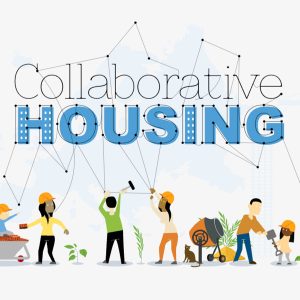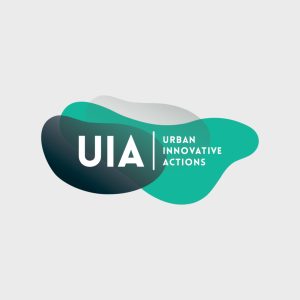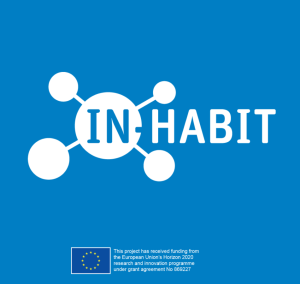UPPER will test an innovative use of urban green areas, by creating the first urban Productive Parks devoted to research, development and self-production of Nature Based Solutions (NBS) to tackle the identified environmental, socio-economic and governance challenges. UPPER project proposes a wider approach to the concept of NBS, which will include greenery and green infrastructures on one hand and innovative outdoor services and activities (social care, inclusive jobs, training, education, sports, creativity and entertainment) on the other hand.
The solution foresees the regeneration of three misused urban areas which will serve as Productive Parks, plus eight Demonstration Sites for the deployment and testing of the self-produced NBS (plants for phytoremediation of water and soil, indigenous trees to combat heat island effect and air pollution, filtering and reinforcing plants for soft engineering interventions on canal banks and coastal dunes).
The Productive Parks will be co-designed and co-managed by project partners with local citizens and stakeholders, while a People-Public-Private management scheme will be designed for their future maintenance and sustainability.
Furthermore, UPPER will test a collaborative initiative based on the participation of public and private landlords (the Green Areas Bank) to meet the demand and offer of the self-produced NBS. A job & skills programme for vulnerable citizens is integrated in the whole cycle of self-production, installation and provision of NBS to the city.
Finally, the project will support the creation of social enterprises and for profit startups to ensure market exploitation, further development and upscaling of the Productive Parks.


